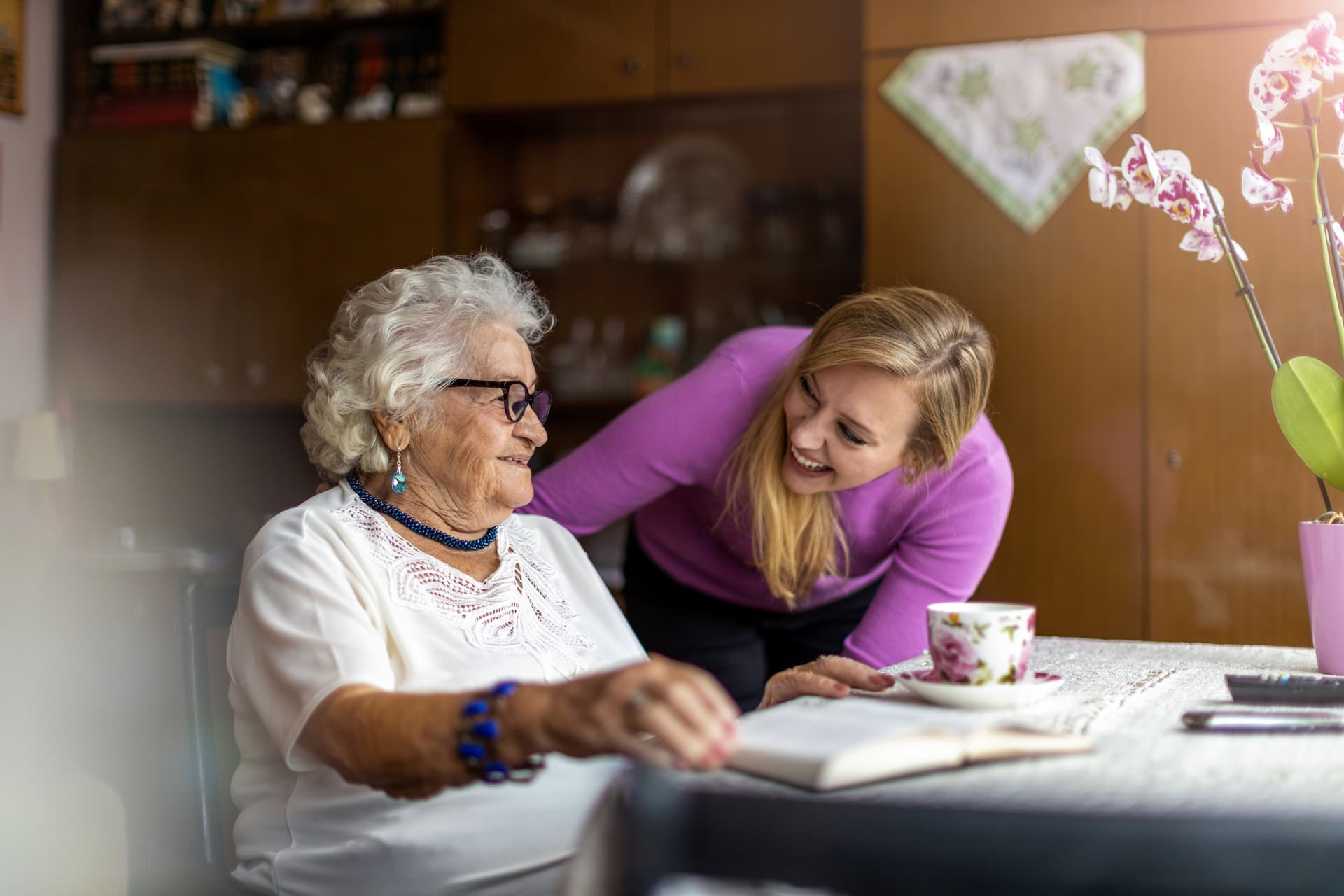
Stimulating workforce growth and development in the disability and aged care sectors
In partnership with Jobs Victoria, our Skills in Employment Project provides large scale, front-line workforce recruitment and training to promote workforce growth and development across the disability and aged care sectors. Built around a work-integrated learning model, participants are supported to undertake a Certificate III Individual Support (Ageing) or a Certificate IV Disability while they work. All participants receive an integrated two-week pre-service induction program and ongoing, individualised support from a Workplace Mentor. The project utilises a three-way partnership approach which brings together the employer, the employee undergoing on-the-job training, and RMIT as the lead training and assessment provider.
Through the Skills in Employment Project, we are assisting 500 new workers, including experienced workers displaced by COVID-19, to transition to employment in the social service sector. Priority groups include women over 45 years of age, young people, long-term unemployed, and those at risk of becoming long-term unemployed. All project participants gain an accredited qualification, providing them with a strong foundation for continued employment within the sector.
What our partners and participants are saying

Lola from Assist Ability Australia talks about their experience with the program

Julie talks about their experience with the program



